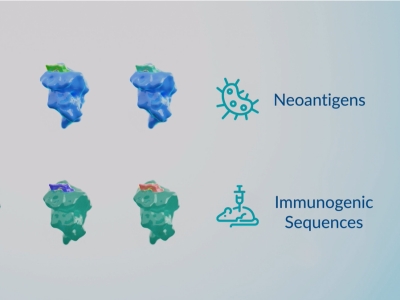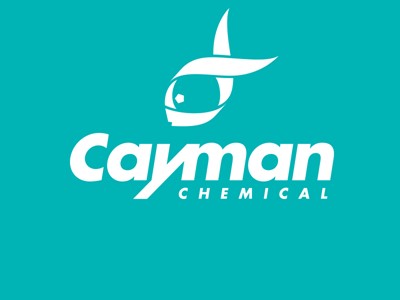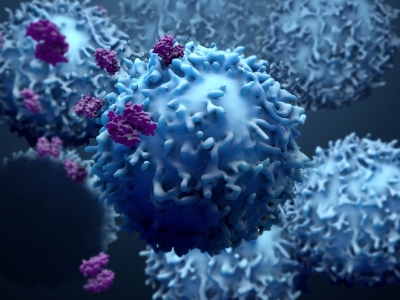- In this section:
- Contact our immunopeptidome profiling specialists
 Cayman Chemical’s immunopeptidome profiling services provide efficient, deep sequence analysis of MHC-associated peptides for the identification of neoantigens and potential immunogenic sequences. As a trusted contract research organisation, Cayman Chemical’s expert team provide a complete package from isolation and sequencing of MHC-associated peptides to peptide synthesis and production.
Cayman Chemical’s immunopeptidome profiling services provide efficient, deep sequence analysis of MHC-associated peptides for the identification of neoantigens and potential immunogenic sequences. As a trusted contract research organisation, Cayman Chemical’s expert team provide a complete package from isolation and sequencing of MHC-associated peptides to peptide synthesis and production.
Benefits of Cayman Chemical's immunopeptidome profiling
- Identify thousands of MHC-associated peptides
- Optimised workflow for MHC Class I and II (human or mouse)
- Allele-specific studies matched to your specifications
- Suitable for cells or tumour tissue
- Analysis using Orbitrap MS & unbiased, deep sequencing of the MHC peptidome
- Peptide synthesis & production available
- Customised antibody production, cell culture & bioanalysis services tailored to your specific project needs
Immunopeptidome profiling workflow

- MHC-specific antibodies are utilised to immunoaffinity purify MHC class I & MHC class II complexes from human tumor tissue, cell lines & primary cells
- Gentle elution to collect MHC-associated peptides
- MHC-associated peptides identified & matched to known sequences by LC-MS/MS
- Automated protein & peptide sample preparation using Agilent’s AssayMAP Bravo Platform
MS Bioworks is Cayman’s partner in protein mass spectrometry
Quality control
Quality control points in Cayman’s immunoprecipitation workflow help to provide the highest quality data to researchers. Cayman Chemical use internally developed ELISAs to evaluate the solubilisation of the MHC complex in lysates as well as the depletion of that complex after the immunoaffinity isolation step. These quality control points provides efficient, flexible workflows for a variety of objectives, from identifying neoantigens in tumour cells to probing individual HLA alleles’ presentation patterns and pinpointing immunogenic epitopes of biologic drugs.




